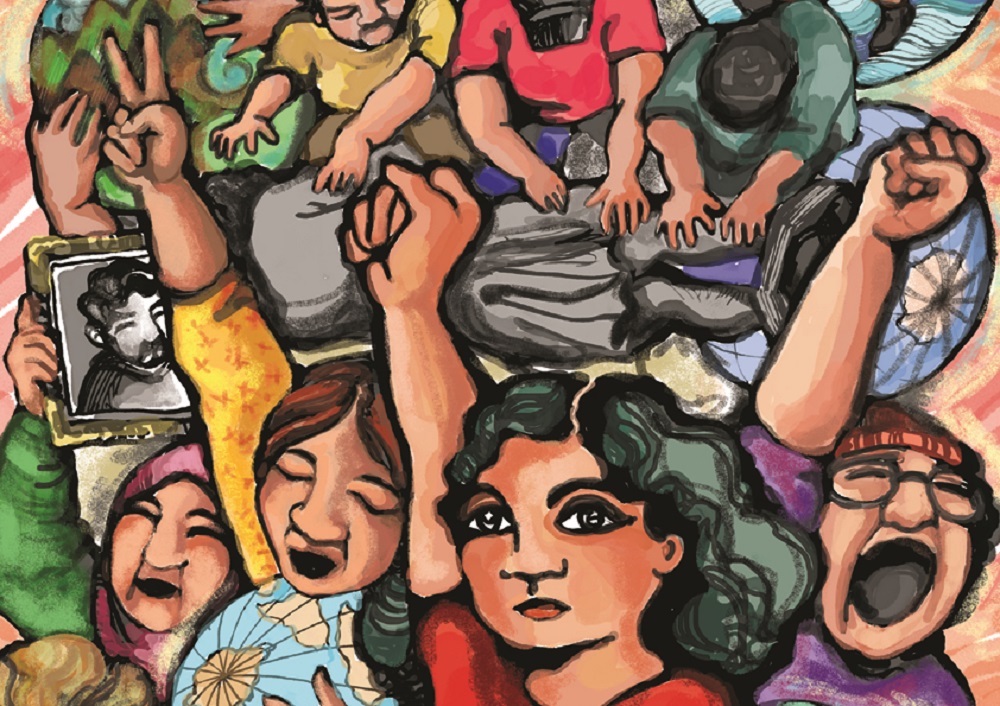
This course introduces students to key theories and concepts of international social work alongside critical decolonial theories and concepts that intervene into the body of literature about (international) social work. We will start with a historical account of the development, professionalization and institutionalization of international social work, followed by a critical decolonial and feminist reading of the Western narrative of social work’s history. Next, we will look at the "broad definition of international social work" (Midgley, 2001) and continue with an in-depth and critical reading of key texts, that deal with theoretical and conceptual issues of international social work such as globalization, migration, gender, (post-) development, human rights and decolonial social work and collective trauma.
The course enables students to gain a critical and self-reflexive perspective on global, transnational, international and transcultural fields of social work by reading and discussing anti-racist, decolonial, indigenous and feminist epistemologies, theories and concepts relevant to a critical understanding of international social workers role with regards to issues relating to Global North - South relationships and global migration. Students are invited to apply the theories and concepts learned to specific cases they are interested in, including student presentations that draw on their individual year abroad preparations in a supportive, transcultural and bilingual (German/English) setting.